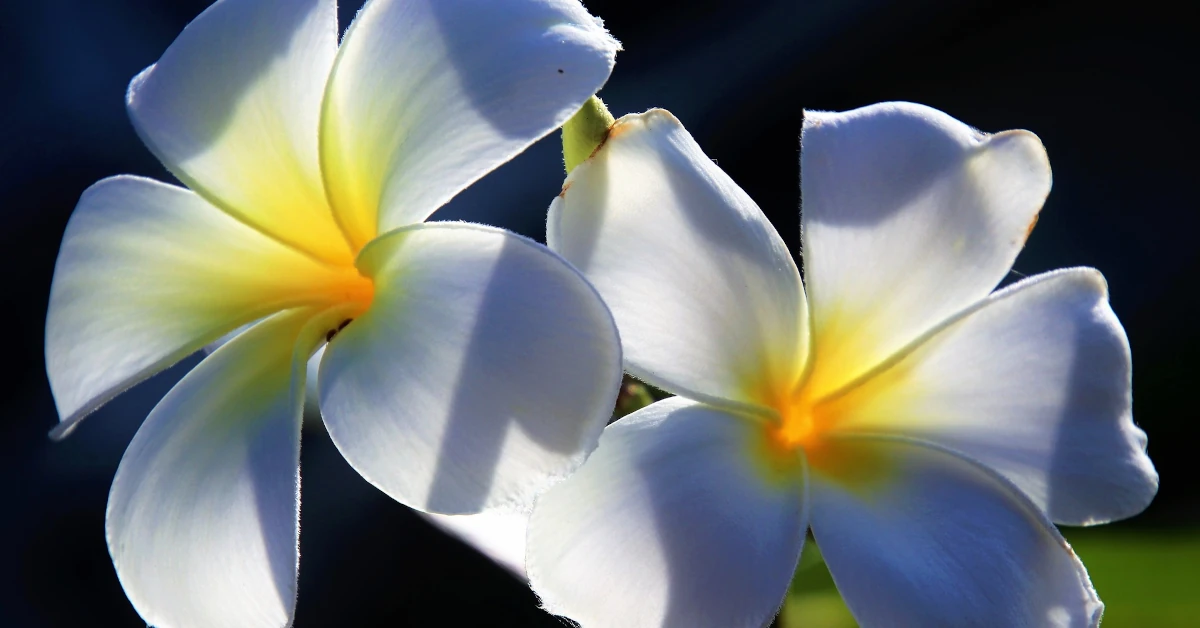Frangipani and Plumeria refer to the same plant, but the terms have different origins and connotations. Here’s a detailed look into their distinctions:
Origin of the Terms
- Frangipani: The name “Frangipani” comes from the Italian nobleman Marquis Frangipani, who lived in the 16th century. He created a popular perfume used to scent gloves, and when the Plumeria flower was introduced to Europe, its scent was reminiscent of that perfume. Hence, the plant got the common name “Frangipani”.
- Plumeria: The botanical name “Plumeria” is in honor of the 17th-century French botanist Charles Plumier. He documented several plant species in the Americas, and although he did not discover the plant, it was named in his honor.
General Usage
- Frangipani: It is a common name for the plant, especially in English-speaking countries. In various parts of the world, especially in tropical regions, the term “Frangipani” is instantly recognized as referring to the fragrant flowering tree or shrub with vibrant blossoms.
- Plumeria: This is the scientific genus name for the plant. People who are into gardening, botany, or plant taxonomy would more commonly refer to it by this name. There are several species under the Plumeria genus, such as Plumeria rubra, Plumeria alba, and Plumeria obtusa, among others.
Cultural Significance
- Both “Frangipani” and “Plumeria” are known for their cultural significance in various parts of the world. In many cultures, the flowers symbolize life, birth, and renewal. They are commonly associated with tropical regions, including Hawaii, where they are used in making leis.
Physical Characteristics
- Whether referred to as “Frangipani” or “Plumeria”, the plant is known for its stunning and fragrant flowers that range in color from white to pink, yellow, red, and multiple hues in between. They have a distinctive spiral arrangement of their leaves and produce one of the most captivating fragrances in the floral world.
Summary
In summary, while “Frangipani” and “Plumeria” refer to the same plant, the difference lies primarily in the origin and usage of the terms. One is a common name influenced by a historical fragrance, and the other is the botanical genus name honoring a botanist.
